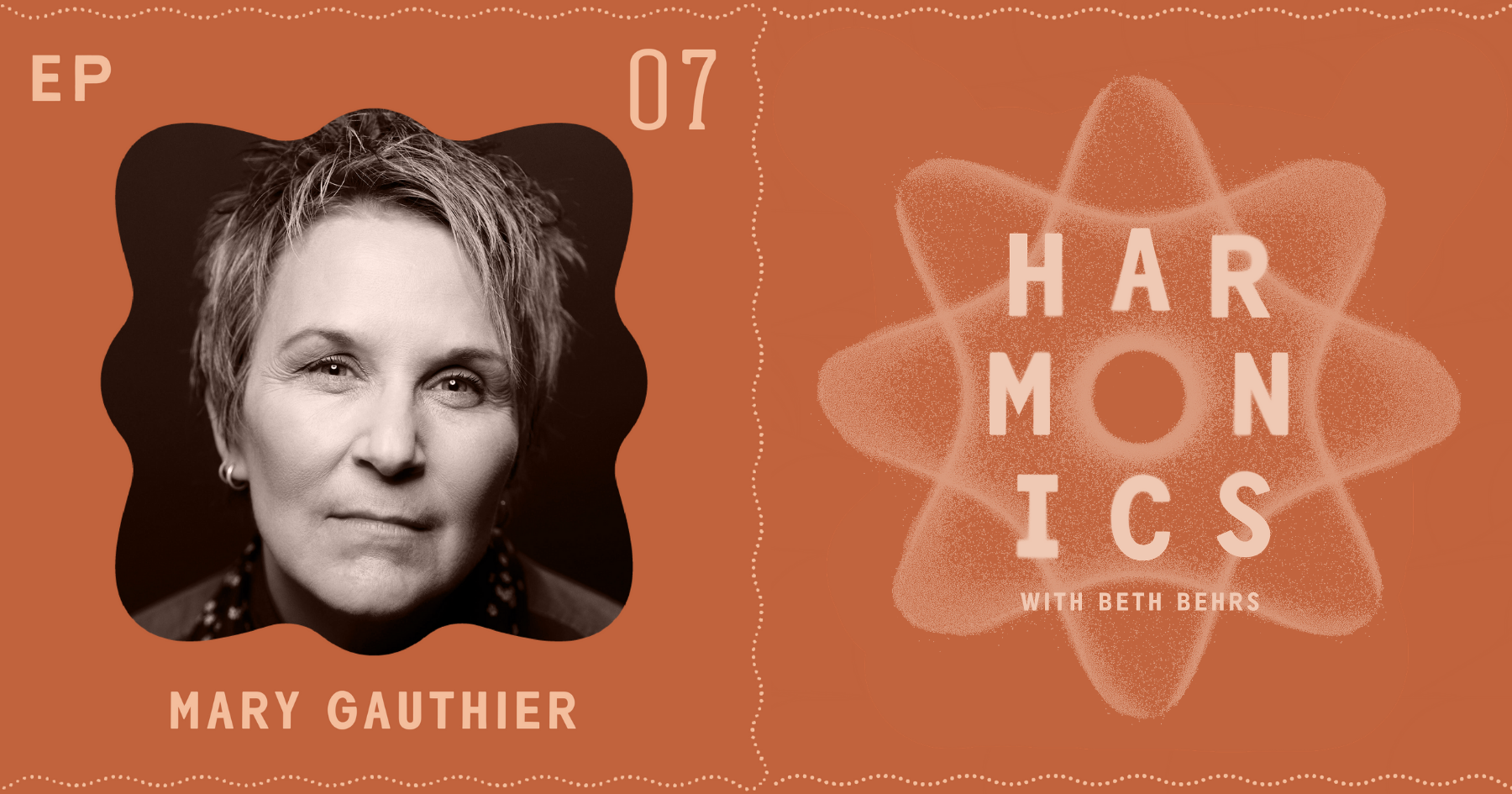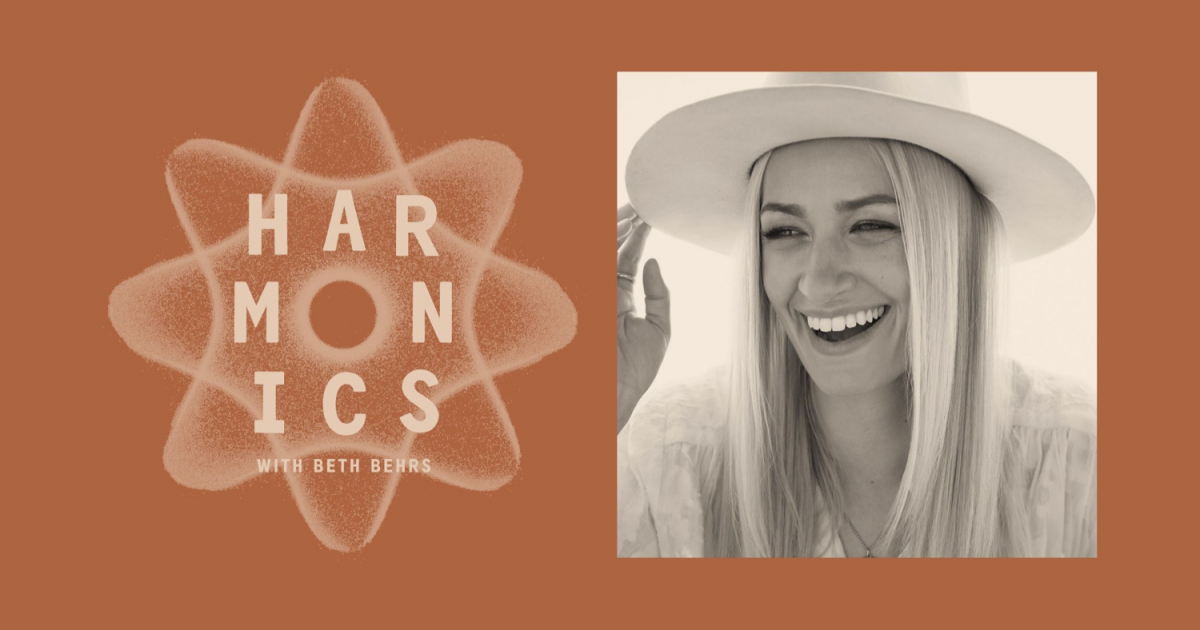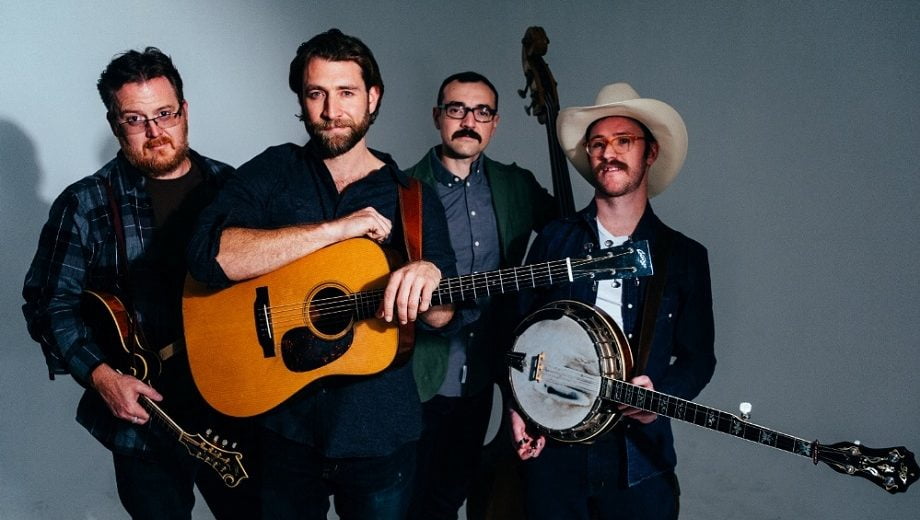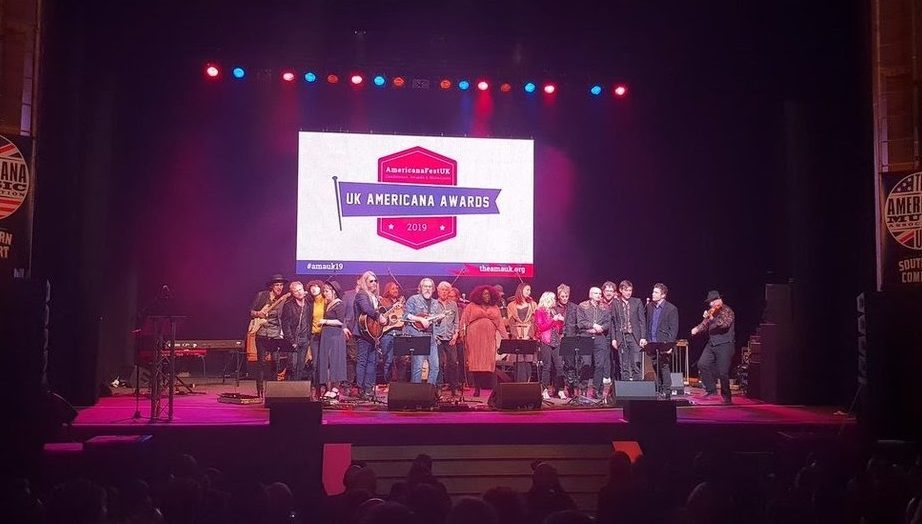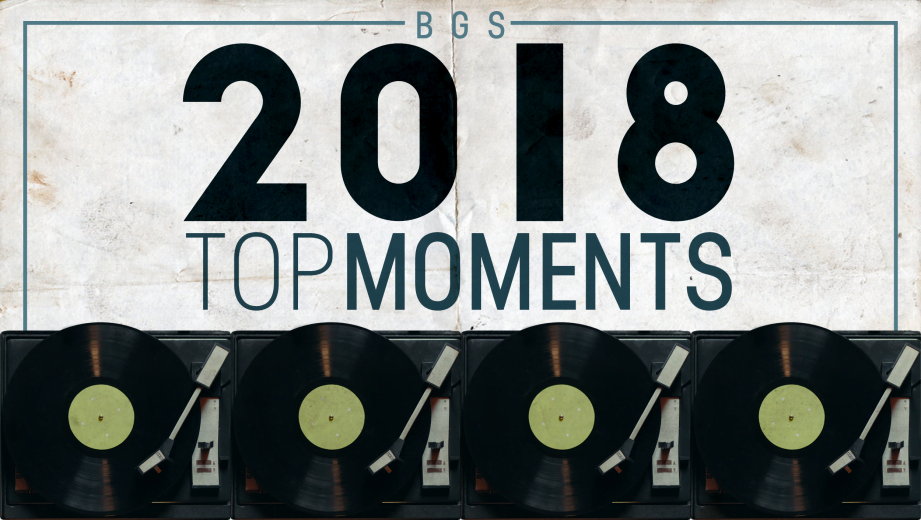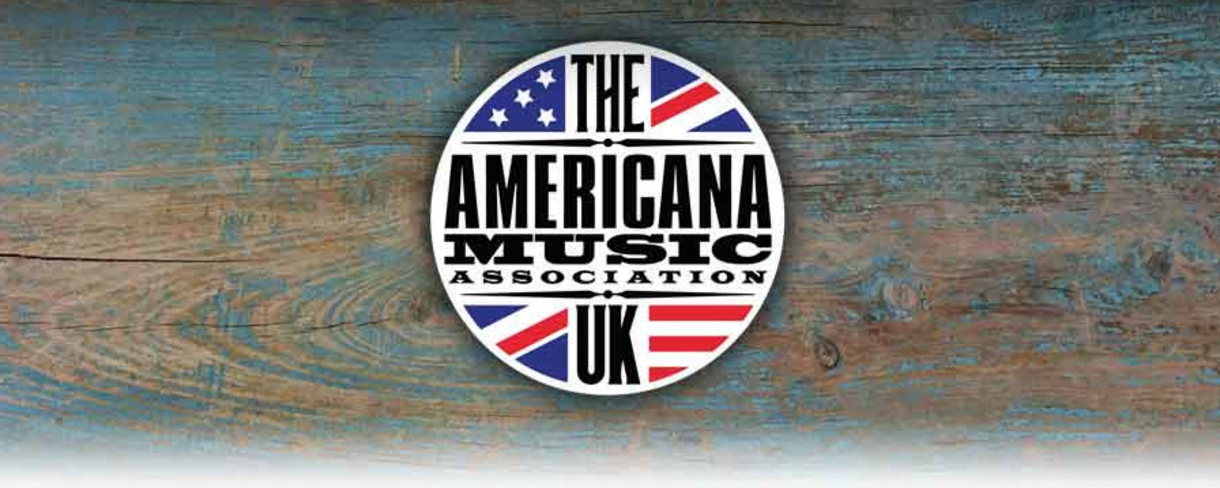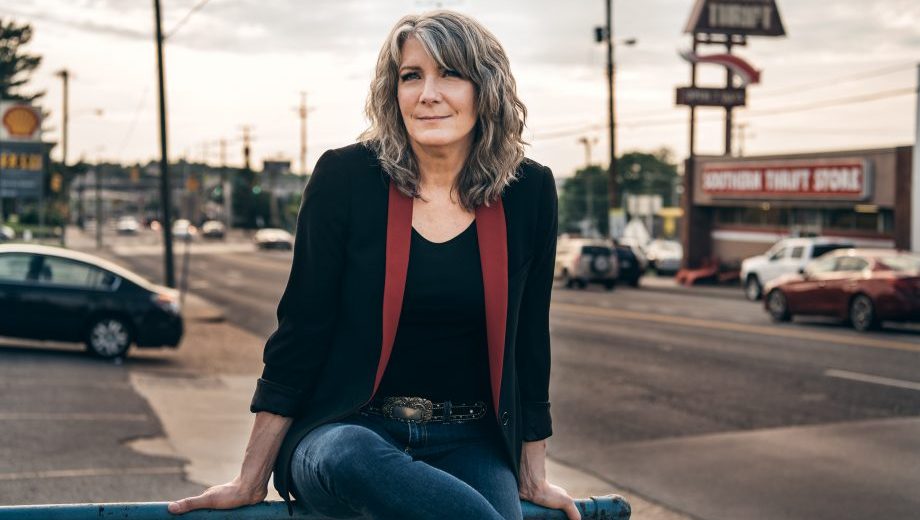Kathy Mattea’s latest album, Pretty Bird, is in many ways a continuation of the West Virginia native’s journey back to the simple Appalachian sounds of her homeland. Hints of the region’s acoustic roots have popped up throughout her Grammy-winning country career, best known to most folks for her signature song, 1988’s “Eighteen Wheels and a Dozen Roses.”
With 2008’s Coal, Mattea leaned into the music of the West Virginia mountains like never before, singing about the complicated area export that is still a political hot potato in 2018. The acoustic evolution continued with 2012’s Calling Me Home, but Mattea faced an evolution of a different kind leading up to Pretty Bird.
A few years ago, Mattea suddenly discovered her voice was changing, and she couldn’t hit the notes she once found with ease. In this Q&A, Mattea explains how she worked through her vocal challenges with the eclectic group of songs she recorded for the new project.
In the past decade, you’ve stripped away a lot of the instrumentation from your music to explore more acoustic sounds. Over the past few years, you’ve also had to relearn how to use your singing voice. Did that experience of first stripping away layers from your music help prepare you to later rebuild your voice?
It felt like that, only much more extreme. I didn’t have a choice except to strip away. When I tried to do it the way I always knew how to do it, it wouldn’t work. So, I didn’t know when I began this process if what I was experiencing was the beginning of the end of my singing voice, or if it was just a shift, just a change. For instance, the transition in my chest voice to head voice, not to get too technical, had gone down a half-step after I went through menopause. So, my body has been singing the same songs in the same keys for many years and would just go for the way it knew to hit a certain note, and it wouldn’t happen. I went, “What is going on?”
Was there a physical problem with your voice or was it just part of the process of getting older?
Really, it was the latter. There was nothing wrong with my voice except that it felt wrong because it was unfamiliar. So, it wasn’t like an injury or anything like that. I got to hear Kenny Rogers during this time. He was on his final tour and he was like, “Look, I have no voice left, but I love these songs, and you guys love these songs. So, I’m coming out to sing them for you one more time.” He’s very open about it and I thought, “Yeah, I can’t do that. I’m not wired that way.” If I can’t sing in a way that I feel like I’m really expressing myself, I will have to stop. I knew this about myself. So, I thought, “OK, I’ve got to answer the question.”
Who was there with you as you went through the process of relearning your voice?
Once a week, Bill Cooley, who has played guitar for me for 28 years, would come to my house, and we’d just jam in the afternoon. We’ll just brainstorm, because sometimes, in that open-ended time, that’s when the creative process happens and surprises happen. I said, “Bill, I’ve got to get to know my voice. I’ve got to experiment around and bump up against the edges.” So, I started throwing out songs that were really different than anything I’d ever done. They were God-awful in the beginning, but it started to open up.
You’ve recorded with Tim O’Brien many times, and he’s also from West Virginia. What were you looking for from him as a producer on Pretty Bird?
I realized during this process that I needed to make another record. The songs I’d put together were all so crazy different from each other! I couldn’t figure out how I was going to do “Pretty Bird” and “October Song” and “Mercy Now” and “Chocolate on My Tongue” all on the same record and make it hang together. I’m just chewing on this and chewing on this. Then one night, I woke up at 3 o’clock in the morning and said out loud in bed, “Tim O’Brien has to produce this record! He’ll know exactly what to do!” I’ve heard Tim do jazz-flavored stuff, blues-flavored stuff, bluegrass stuff, mountain stuff — all that. He does it all from a deep understanding.
I definitely see you being drawn to documenting the way of life in West Virginia as well as the music. What’s prompting you there?
When I was growing up, I was completely eaten up by music. But there wasn’t a lot of formal training around me. So, I would learn whatever I could from anyone who would teach me. My friend’s dad had a bluegrass band and he’d jam with me. I did community theater and I did folk music in my church. We had a little folk mass thing. Choral music in school, but there was nobody around to teach me the roots music of my place. So, that woke up in me in a big way later in my life. That last album, Calling Me Home, was about that sense of place that exists in Appalachia that has been lost in so much of the rest of the culture.
Most of my family lives back in the same basic area that we all grew up in and that our parents grew up in. Cousins, second cousins, third cousins now living just a few miles from where our moms were born. So, there is a sense that the contour of the land, the mountains, the river — all of that is like a member of your family. Bill, my guitar player, he’s from Southern California, and he was like, “Kathy, why don’t people move out and move away for jobs and stuff?” I’m like, “Bill, it’s not that simple.” You don’t leave your family. You don’t leave the nest, basically. And there’s a whole exodus of people to Detroit to work in factories and stuff when all the mines shut down. There’s a whole culture of displaced people that pine for what that is and come back home eventually.
I think of it as being an expatriate, you know? Even though I moved to Tennessee when I was 19, I think of myself as a West Virginian who lives in Tennessee.
Getting into the songs you chose, let’s start out with Mary Gauthier’s “Mercy Now.” Why does it appeal to you right now?
As we had this election, and it was very contentious, and there was all this tension and polarization and all the cultural stuff was going on, I just found myself listening to that song. I pulled it out and I would listen to it every day. So, one day I said, “Bill, I’ve been listening to this song, and it really gives me a lot of solace. It’s really different than anything I’ve ever done but I want to try.” I wanted to sing that song because in a time when people are polarizing, it’s really great to say, “I have pain. I have angst. I am scared. I am upset, and I need help from some place bigger than me.”
I love it because it’s not a “You, you, you” song. It’s an “I’m looking at this, and I don’t know what to do, and I need some help from something bigger than me.” Mercy doesn’t come from me. It’s a kind of grace that comes in from somewhere else. And I thought, “Man, how lucky am I? I get to sing that song every night.” The interesting thing is my audience doesn’t know that song. So, I get to bring that song to a whole new group of people. That’s been a really satisfying experience.
I hear a similar theme in “I Can’t Stand Up Alone.” It has a real gospel flavor with The Settles Singers backing you up. It seems to me that it would speak to the community that you’ve been leaning on during your issues with your voice.
To me, “I Can’t Stand Up Alone” is like the straight-at-it gospel version of “Mercy Now.” “Can’t Stand Up Alone” is like, “Honey, you need the Lord!” [Laughs] I love the contrast of two different approaches to basically the same thing. I’m not very overt about it, but a lot of the process of this was really praying. I felt like I was praying a prayer and feeling my way in the dark over and over again.
You start the album with “Chocolate on My Tongue,” which is an ode to the small joys in life, and then you go right into “Ode to Billie Joe.” It’s such a left turn. Tell me about that juxtaposition.
Hey, I’m not pretending that all that stuff makes sense! [Laughs] I love “Chocolate on My Tongue.” It’s so playful and, for me, to have gone through such a struggle with my voice and to come out with something that light and playful — and to allow myself the freedom to do that, was such a gift.
Then, “Ode to Billie Joe,” to me, is like a familiar, old friend. Those of us of a certain age know that and have memories of that song growing up. I found that when I went to sing it, that there’s this low end — this low register in my voice that was always there, but never this rich. When I found that, it was the moment I turned the corner from thinking of my voice as something diminished to seeing that it was opening into something new that was beautiful. I was astonished by how that song brought that about in my voice.
The last song on the record is “Pretty Bird” by Hazel Dickens. You’re singing it a capella. That had to be a vulnerable experience given all that you’ve gone through.
I have loved “Pretty Bird” for a long time and I wanted to do it on my last album. I lived with it. I wrestled with it. I danced with it. It’d pin me down, and then I’d pin it down. I could not find my way into the song. I could not sing it. I could not make it come out. I think the reason is that if you tighten up at all, it will just die in your mouth. It won’t work. I couldn’t pull back enough.
One night, [my husband] Jon is on the road and I’m home alone. I’m taking a shower before I go to bed that night and I just start singing that song. I’m like, “Oh my God! I don’t know! I think I’m singing it! I think this is happening!” But I’m soaped up now and I’m soaking wet. So, I keep singing, and I rinse off and dry off. The whole house is buttoned up for the night and my cell phone is plugged in downstairs. So, I grabbed the landline and I called my voicemail and I sang it into the voicemail so I have a record of what I did — so I’d know which key I was in and where it lay and explore from there. The next thing, I was like, “OK, I’ve got it.”
I haven’t done it live very much. So, it is still super vulnerable. I’ve been making myself pull it out and do it in the show because it’s the title song for my record. It feels like taking all my clothes off. But it’s like, “Well, you’ve been through a process, and what you’ve learned, Kathy, is that it’s not about perfection. It’s about being real.” This is as blatant a demonstration of that as I can give people. You just have to trust that they’ll get it.
Photo by Reto Sterchi
